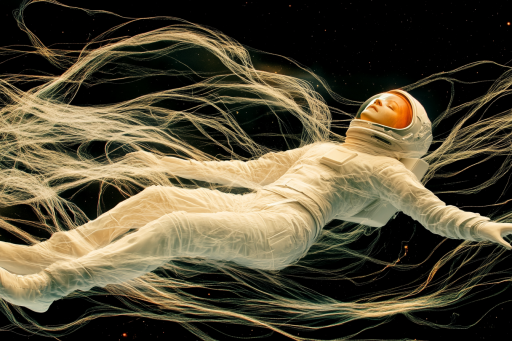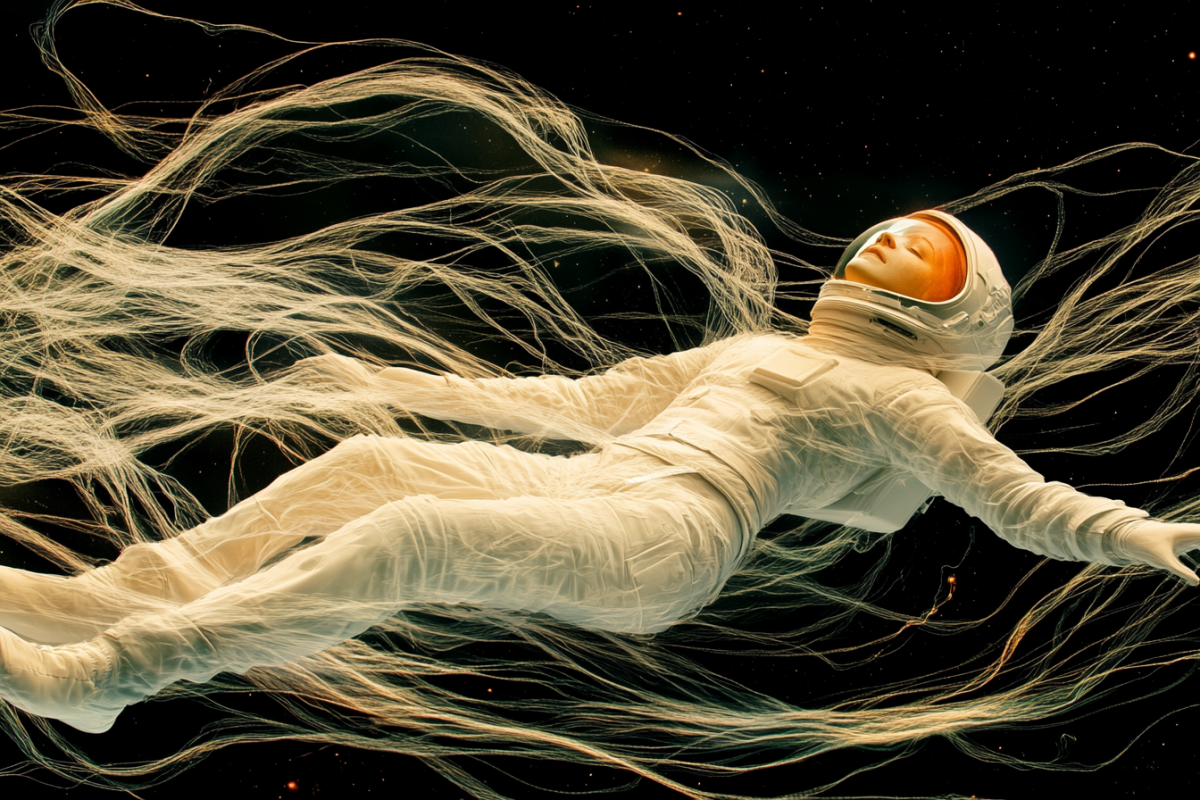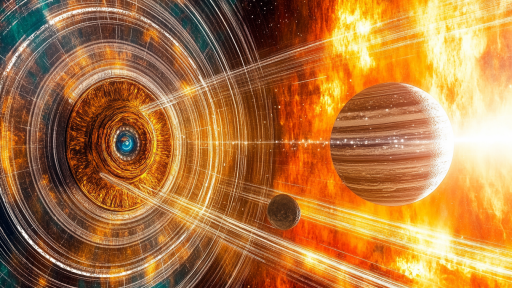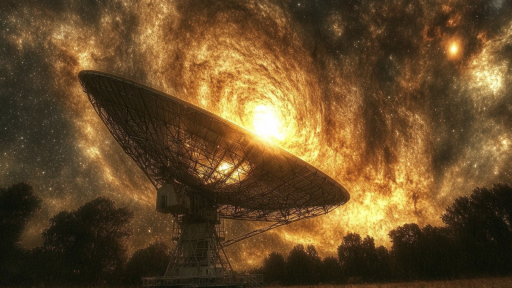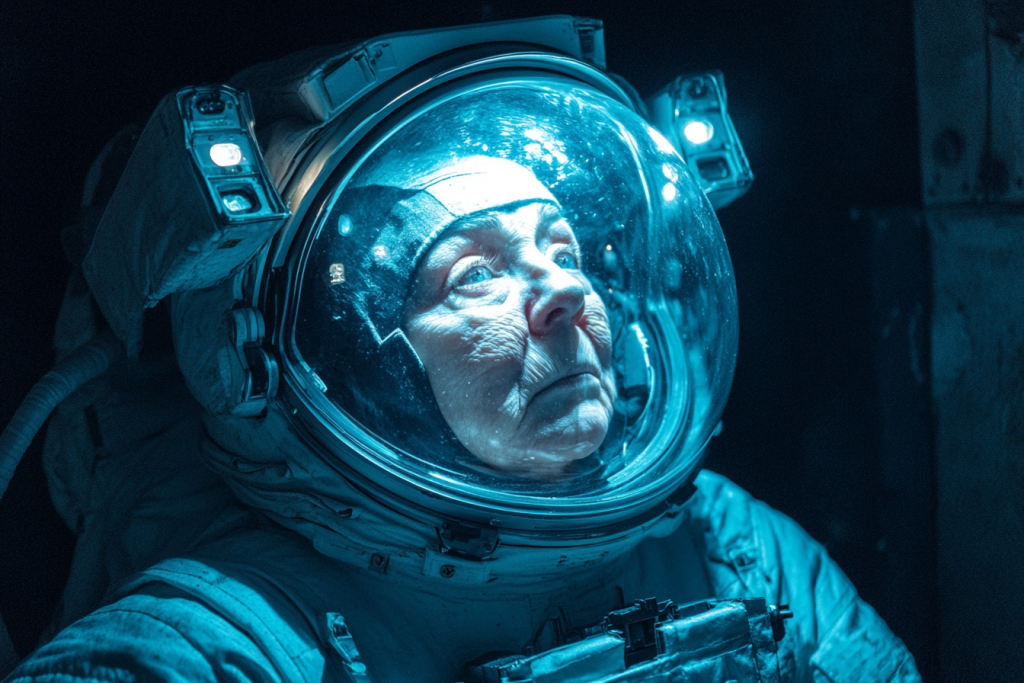
Space is the ultimate test of human endurance, exposing the body to extreme conditions that defy everything we know about biology. From bizarre swelling to unexpected vision changes, the effects of microgravity and cosmic radiation push human physiology to its limits. Some changes are temporary, while others could alter astronauts permanently. The deeper we venture into the cosmos, the more we realize that space doesn’t just change where we are—it changes who we are.
Swollen Head, Shrinking Legs
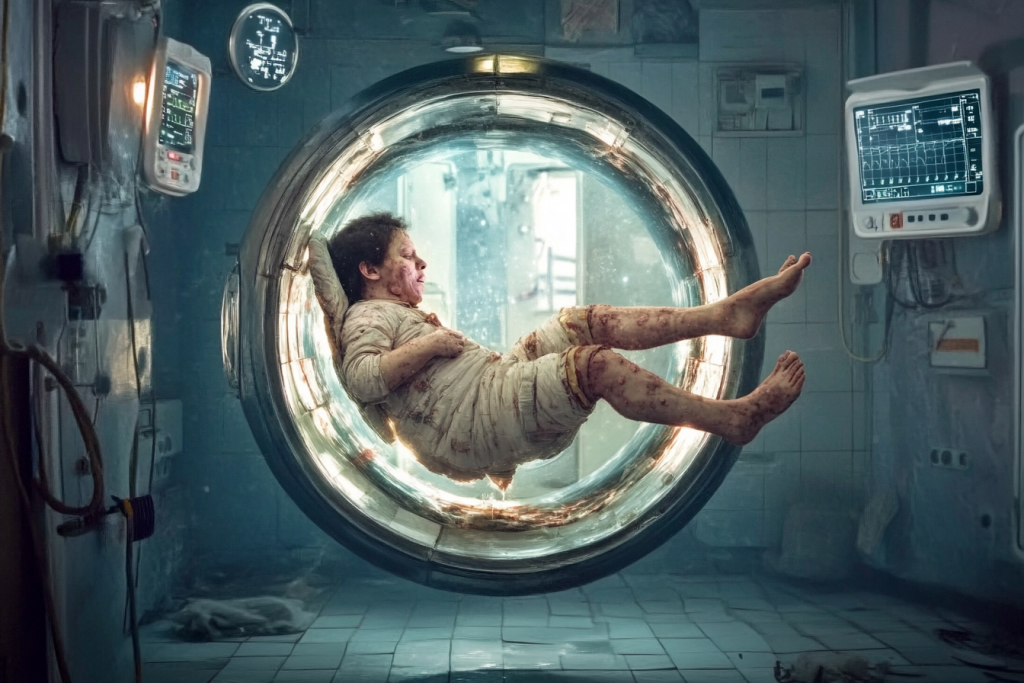
In microgravity, fluids in the body shift upward, causing astronauts’ faces to swell while their legs appear to shrink. This fluid redistribution can lead to “moon face,” where astronauts look puffier than usual. Though the effect fades after returning to Earth, it can cause discomfort, headaches, and sinus pressure while in orbit. Scientists are still working on ways to counteract this strange bodily transformation.
Space Brain: The Cognitive Decline Risk

Cosmic radiation bombards the brain in space, potentially leading to long-term cognitive decline. Studies suggest that prolonged exposure can impair memory, slow reaction times, and even increase the risk of neurodegenerative diseases. Astronauts on deep-space missions may return with permanent brain changes. The challenge of shielding the mind from space’s invisible threats remains one of NASA’s biggest concerns.
Your Spine Stretches—But It’s Not as Good as It Sounds

Astronauts grow taller in space—sometimes by over two inches—because the lack of gravity allows spinal discs to expand. But this temporary height boost comes with a downside: back pain. Without the constant compression of Earth’s gravity, the spine weakens, leading to discomfort and an increased risk of injury. Once back on Earth, astronauts shrink back to their normal height, but the pain can linger.
The Space Tan That Never Fades

Unlike a beach tan, exposure to cosmic radiation darkens astronauts’ skin from the inside out. High-energy particles penetrate deep into tissues, causing cellular damage that may accelerate aging. Over time, this exposure increases the risk of cancer and other long-term health problems. Unlike UV rays, there’s no sunscreen for cosmic radiation—only shielding and careful mission planning.
Blood Becomes Weightless—and Weird

On Earth, gravity keeps blood circulating properly, but in space, it pools in strange places. Some astronauts experience dizziness, irregular heartbeats, and even fainting spells upon returning home. Microgravity can also alter blood chemistry, changing how oxygen and nutrients are delivered to the body. These circulatory shifts force scientists to rethink how the human body adapts to long-term space travel.
Space Fever: Why Astronauts Run Hotter

Astronauts’ core body temperatures rise in space, a phenomenon known as “space fever.” Scientists believe this is caused by the body struggling to regulate heat in a weightless environment. The result? Astronauts often feel hotter than normal, even in temperature-controlled spacesuits. Understanding this effect is crucial for preventing heat stress on deep-space missions.
Bones Dissolve Without Gravity

Without the constant pull of gravity, astronauts lose bone mass at an alarming rate—up to 1% per month. This deterioration makes bones brittle and increases the risk of fractures, even after returning to Earth. Special exercise regimens help slow this process, but no solution fully prevents it. For future Mars missions, scientists must find ways to preserve astronauts’ skeletal strength.
Muscles Waste Away, Even with Exercise

Even with hours of daily exercise, astronauts lose muscle mass in space. Without resistance from gravity, muscles weaken, leading to decreased strength and endurance. This atrophy makes even simple movements difficult upon returning to Earth. Scientists are developing new workout techniques to help astronauts maintain their physical fitness in weightlessness.
Vision Goes Blurry—and Sometimes Stays That Way
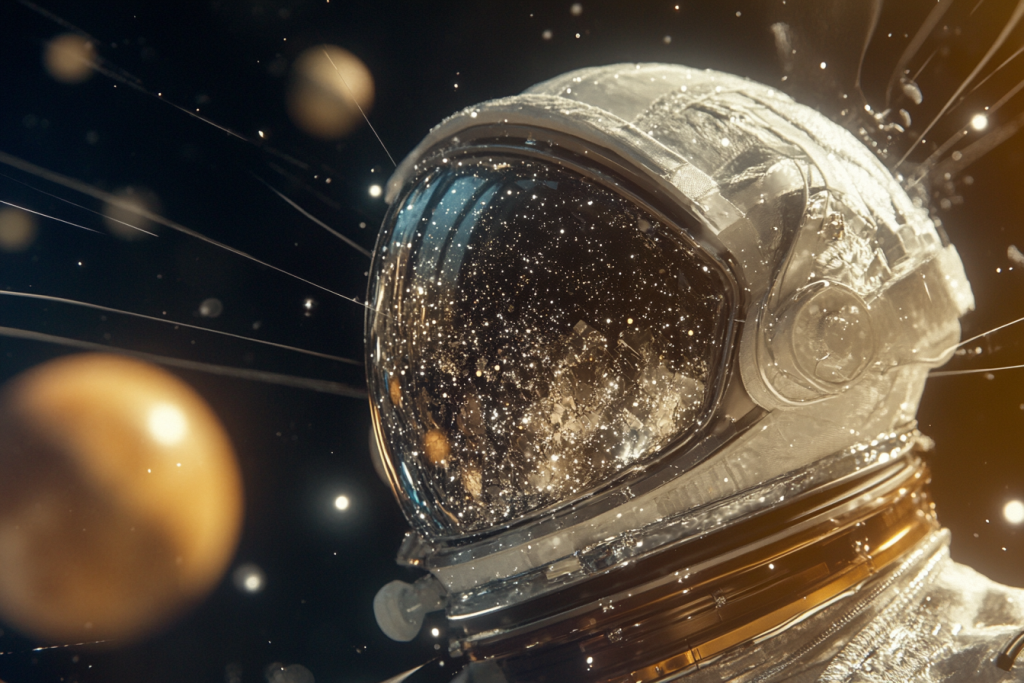
Many astronauts experience worsening vision after spending time in space. The leading theory is that fluid shifts increase pressure on the optic nerve, leading to swelling and distortion. In some cases, vision changes remain even after returning to Earth. Scientists are still searching for ways to prevent this unsettling side effect of space travel.
The Smell of Space Sticks to You

Astronauts returning from spacewalks often report a strange, metallic odor clinging to their suits. Described as a mix of welding fumes, burnt steak, and gunpowder, this eerie scent has no known explanation. The smell doesn’t exist in space itself—only when astronauts return to their spacecraft. Whatever causes it, space certainly has a scent that lingers.
Cosmic Radiation May Rewrite Your DNA

The high-energy radiation in space can damage DNA, potentially leading to mutations. Some of these changes may increase cancer risk, while others could alter how genes function. Over long durations, space exposure could lead to permanent genetic changes in astronauts. Scientists are studying whether these mutations are reversible—or if space travel leaves an irreversible mark on human biology.
You Age Differently in Space

Time doesn’t pass the same way for astronauts. Due to Einstein’s theory of relativity, those traveling at high speeds experience time slightly slower than people on Earth. While the difference is minuscule, astronauts technically return home a fraction of a second younger than they would have otherwise. Space travel may not grant immortality, but it certainly alters the way we age.
The Immune System Weakens in Orbit

Astronauts’ immune systems become weaker in space, making them more vulnerable to infections. Studies show that dormant viruses, like herpes and chickenpox, can reactivate during missions. Stress, radiation, and microgravity all contribute to this immune suppression. Understanding why the body’s defenses weaken in space is critical for long-duration missions.
You Might See Ghostly Flashes of Light

Astronauts often report seeing mysterious flashes of light in the darkness of space—even with their eyes closed. Scientists believe this is caused by high-energy cosmic rays passing through the brain. These flashes appear as bright streaks or sudden bursts, sometimes resembling fireworks. Though harmless, they’re a constant reminder of the invisible forces that surround space travelers.
Your Blood Might Refuse to Flow Properly

In a shocking discovery, a NASA astronaut developed a blood clot in space—something thought to be nearly impossible in microgravity. The clot formed due to changes in circulation, proving that blood can behave unpredictably without gravity. This finding has raised concerns about how space travel might increase the risk of strokes or other clot-related conditions. Scientists are now rethinking medical preparedness for deep-space missions.
Are We Built for the Stars?

Human bodies evolved under Earth’s gravity, yet we continue pushing into a world where nothing about our biology works the way it should. Every mission uncovers new ways space alters us—some we can manage, others we may never fully understand. As we set our sights on Mars and beyond, one question remains: will we adapt to space, or will space force us to change?

